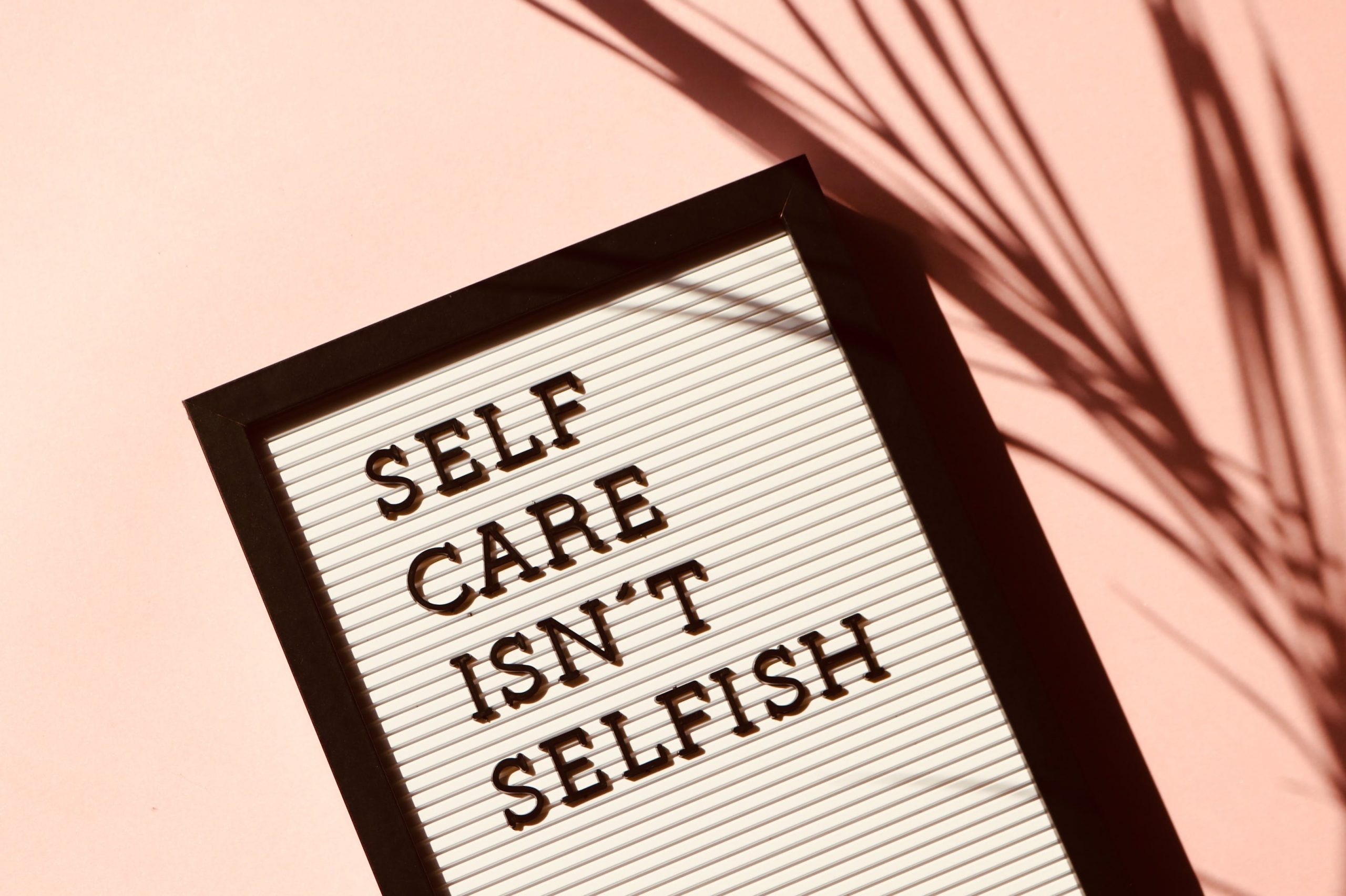Meditation as a Sanctuary: Nurturing Mental Health and Well-Being
In the realm of mental health, meditation emerges as a powerful ally, offering solace and support against the challenges of anxiety, depression, and various mental health disorders. This exploration delves into the profound role of meditation in promoting mental well-being, sharing case studies of individuals who found solace in meditation, and offering practical advice for integrating meditation into mental health care routines.
The Role of Meditation in Mental Health:
1. An Antidote to Anxiety: Anxiety, characterised by excessive worry and fear, is a strong opponent in meditation. Mindfulness meditation, in particular, teaches individuals to observe their thoughts without attachment, fostering a sense of calm and detachment from anxious patterns.
2. Combatting Depression: Depression often involves a persistent sense of sadness and hopelessness. Meditation, especially practices that focus on self-compassion and loving-kindness, can help individuals reframe negative thought patterns, cultivate a positive mindset, and gradually lift the veil of depression.
3. Addressing Mental Health Disorders: Beyond anxiety and depression, meditation has shown promise in supporting individuals with various mental health disorders. From attention-deficit/hyperactivity disorder (ADHD) to post-traumatic stress disorder (PTSD), meditation can be a valuable complementary approach in managing symptoms and improving overall well-being.
Case Studies:
1. Oprah Winfrey’s Mindful Transformation: Oprah Winfrey, a media mogul and philanthropist, has openly shared her journey of incorporating mindfulness and meditation into her daily life. Facing the pressures of a high-profile career, Oprah turned to meditation as a means of finding balance and managing stress.
Despire her success, Oprah struggled with the demands of her busy schedule and the constant public scrutiny. The stress took a toll on her mental well-being, leading to periods of anxiety and emotional exhaustion. Oprah began integrating mindfulness meditation into her routine, emphasizing present-moment awareness and gratitude. She credits meditation for helping her develop a more centered and resilient mindset.
Through consistent meditation practices, Oprah reported a noticeable reduction in stress and an improved ability to navigate life’s challenges. She emphasises that meditation has become an essential tool for maintaining her mental well-being amidst a demanding lifestyle.
2. Tony Robbins’s Inner Mastery: Tony Robbins, a renowned life coach and motivational speaker, is known for empowering individuals to unleash their full potential. Behind the scenes, Tony faced his own mental and emotional challenges despite his success. Seeking a more profound sense of well-being, Tony turned to meditation as a transformative tool.
Despite being a driving force in the personal development industry, Tony encountered moments of overwhelm and stress. The relentless pace of his career and the responsibility of guiding others through personal transformations took a toll on his mental and emotional state. In pursuit of a more balanced and centered life, Tony integrated meditation into his routine. Drawn to practices that combined mindfulness, visualisation and affirmations, he developed a personalised meditation approach that resonated with his dynamic and goal-oriented mindset.
Through consistent meditation, Tony experienced a significant shift in his mental well-being. The practice not only provided moments of stillness and clarity but also became a powerful tool for visualisation—a key component of his coaching methodology. Meditation allowed Tony to cultivate a more focused and resilient mindset, enhancing his ability to navigate challenges with a greater sense of inner mastery.

Practical Advice for Integration:
1. Start Small and Be Consistent: Begin with short meditation sessions, gradually increase the duration as you become more comfortable. Consistency is key; even a few mins of daily practice can yield positive results over time.
2. Mindful Breathing for Instant Relief: In moments of heightened stress or anxiety, focus on your breathing. Focus on your breath, inhaling and exhaling slowly. This can anchor you in the present moment.
3. Explore Guided Meditations: For beginners and also those who have been meditating for a while, guided mediations provide a structured and supportive approach. Many apps and online platforms like Headspace offer guided sessions tailored to specific mental health concerns, making it easier to get started.
4. Connect with a Meditation Community: Joining a meditation group or community can provide a sense of support and connection. Sharing experiences with others who are on a similar journey can be both validating and inspiring.
5. Consult with Mental Health Professionals: While meditation can be a valuable tool, it’s essential to work in tandem with mental health professionals. Discuss your interest in meditation with your therapist or counselor to ensure a holistic and personalised approach to mental health care.
6. Journal your progress: Keep a meditation journal to track your experiences and reflections. This can help you identify patterns, measure progress, and gain insights into the connection between meditation and your mental well-being.
7. Embrace Imperfection: Meditation is a journey, not a destination. Embrace imperfection and be patient with yourself. It’s normal to encounter challenges; the key is to approach them with self-compassion and a willingness to learn.
The case studies of Oprah Winfrey and Tony Robbins highlight the real-world impact of meditation on mental well-being. Their stories demonstrate that meditation is a versatile and accessible tool, capable of transforming lives regardless of one’s background or profession. By weaving meditation into our daily routines with a personalised and consistent approach, we open the door to enhanced mental resilience and well-being.

Recent Comments